Qinqi rickshaws trample donkey trade
Donkeys cannot even be sold for half their previous value
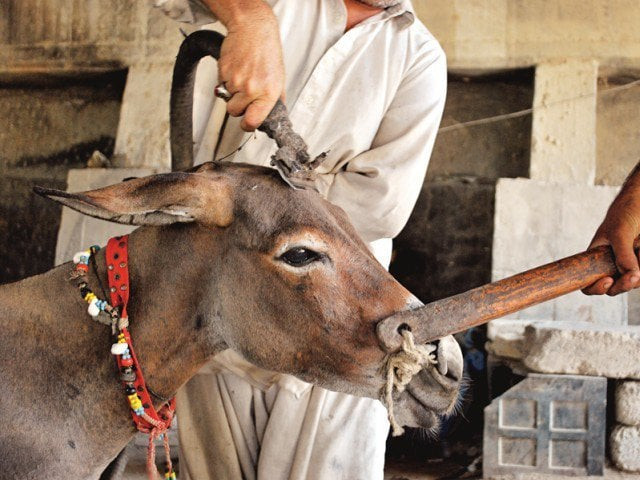
File picture of a donkey. PHOTO: FILE
The prices of donkeys have decreased steadily, while animal owners are quick to dispose of their four-legged creatures and replace them with four motorised wheels.
The beasts of burden cannot even fetch half that price in this day and age of cheap and effective modes of transport. Every Sunday, a market dedicated to the purchase and sale of donkeys is organised near Farrukhabad area near Ravi Canal. Donkeys from all over the province can be found at this one-of-a-kind market. More than 250 types of donkeys, from different cities across the province, are sold here.
The sellers maintain that Chingqi rickshaws now own the monopoly on methods of transportation, which in turn has endangered their source of income. It has now become difficult for them to bear the cost of the animals’ fodder.
They add that they are no longer able to earn a sustainable living through this business which is why they have decided to trade in the animals for rickshaws.
Faqeer Muhammad, who comes all the way from Mureedke to sell donkeys, says that the Chingqi rickshaw has effectively put an end to the ‘taanga’ culture. “Donkey carts are a slow, sluggish ride which cannot keep up with the pace of modern times,” he expresses.
“Around a year ago, the donkeys were sold for Rs70,000 to Rs80,000. Now, they barely sell for Rs30,000 to Rs40,000. Many are also forced to sell their carts along with the animal,” reveals Noor Muhammad, who is on the hunt to buy one of the four-legged creatures.
Donkeys are used only in villages where farmers use them as a means of transporting fodder. Donkeys are still being used in villages because Qingqi rickshaws cannot be used in the field, he reasons.
Sellers at the market say there was a price hike in the middle after the donkeys’ skins were exported to China. Now, however, that has also cooled down, they add.

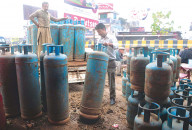
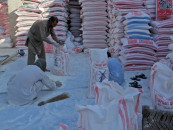

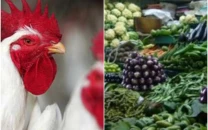
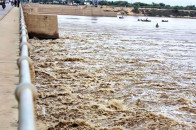
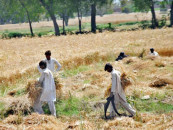




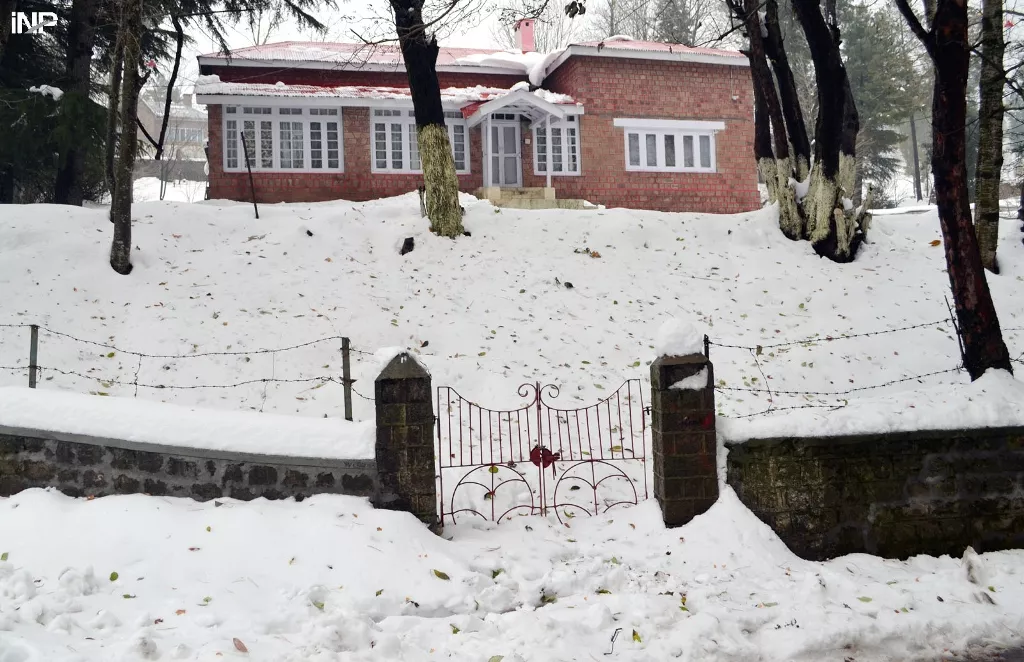







COMMENTS
Comments are moderated and generally will be posted if they are on-topic and not abusive.
For more information, please see our Comments FAQ